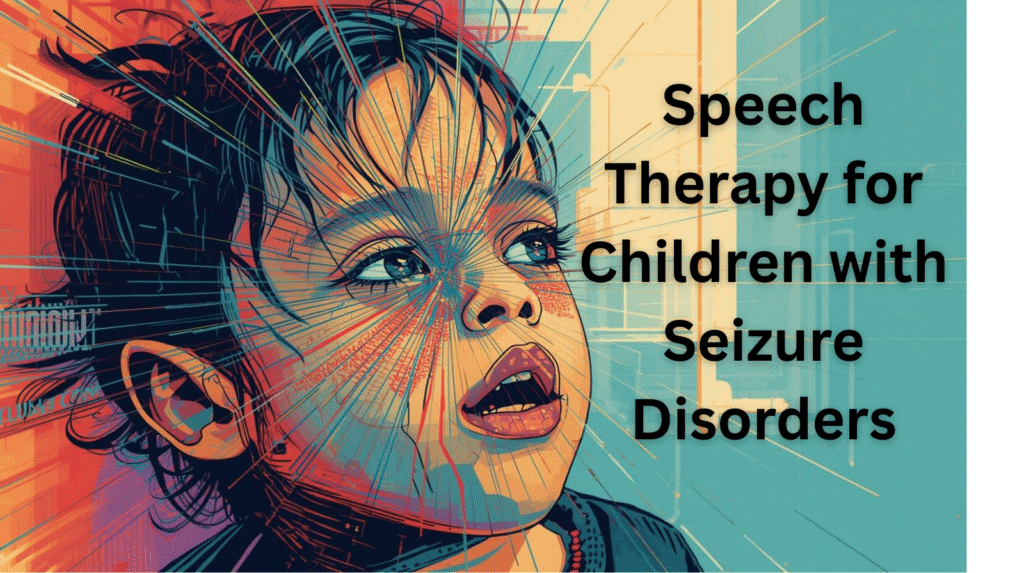Speech Therapy for Children with Seizure Disorders
Seizure disorders interfere with language processing in the brain, especially for kids. In some children, they have difficulties in developing speech particularly those who are in the initial stages. For others, they lose their speech and language skills that they already developed. Other issues from this condition include memory, focus, and recollection or organization of words can be disrupted by frequent seizures. That is why, in some cases of seizure disorders in children, they would need the assistance of a speech therapist at home or in-clinic.

Why Speech and Language Struggle
Children who experience seizures might have a hard time constructing sentences, listening to instructions, and selecting the appropriate words. Most commonly, stuttering can be observed in hospital admitted kids with this condition. As they resume their lives, this affects schoolwork, socialization, and independence in life. Families also experience stress when they are not able to comprehend their child and their needs because they cannot communicate with the child. Hence, oftentimes, they need the help of a speech therapist at home or in-clinic sessions.
The Role of Speech Therapy
Having a speech therapist, at home or in the clinic, offers order and continuity to enable restoration and reinforcement of language capabilities. Speech and Language Pathologists can develop individual programs that are aimed at vocabulary development, smoother sentence construction, and proper pronunciation. Social communication can be the focus in some sessions. This will show children how to greet others, telling stories, or requesting assistance.
Tools and Strategies Used By Speech Therapist at Home
Repetition, visual aids, and simple language enable children to maintain skills in spite of setbacks. Therefore, in between clinic sessions, a speech therapist at home can suggest language apps, picture cards, or visual schedules to be used. This helps the child communicate with the therapists, their family, and caregivers. These strategies when practiced at home by families help support therapy and establish routine in their comfort zone.
Emotional and Social Impact
Children unable to express themselves tend to feel alone or frustrated. Sessions in speech therapy can help minimize these struggles. This is done by providing them with means of expressing thoughts and feelings. Every little achievement, such as the pronunciation of a known word, picture, or sentence, creates confidence and a strong resilience. A follow through of these exercises from a speech therapist, at home setting, can prove to be very helpful as well.
Patience and Steady Progress
Delay in progress is expected especially since seizure disorders are unpredictable. Nevertheless, with regular treatment and practice with a speech therapist at home, there is progressive improvement. Even minor benefits make everyday life easier, and children can share needs and make contact with other people more easily.
Caregiver Tips for Support
- Make instructions brief and easy.
- Make visual aids to aid comprehension.
- Practice important words regularly.
- Rewards all communication efforts.
We Can Work Together to Help Them Find Their Voice
Speech therapy will never prevent seizures, but it will provide children with a voice. That is why, here at Speech Link, we provide children with the means to communicate more easily. Structured support, patience, and involvement of the parents and caregivers is important. Our goal is for every child to learn such skills in order to achieve independence, better school performance, and enhancement of emotional well-being.
